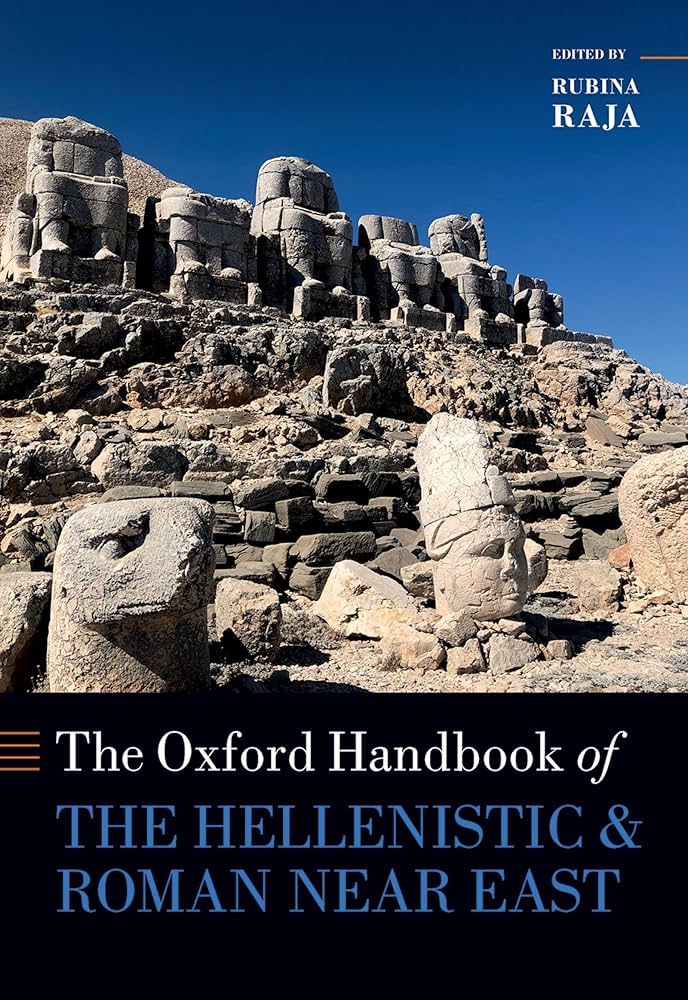Edessa (Fourth Century bc to the Eighth Century ad)
Abstract:
Edessa, the center of Osrhoene, had abundant water, enhancing its economic and strategic importance during antiquity. Founded by the Seleucids, it became autonomous in the 130s bc. Its rulers tried to navigate a path between Rome and Parthia, with Parthian influences dominating until the middle of the second century ad. From the time of Caracalla until the Arab conquest, Edessa was part of the Roman Empire. During the first centuries ad, Edessa was a cultural epicenter where the Syriac language thrived. Christianity became prominent early, even among the elite. During the fifth century very diverse forms of Christianity were still present in Edessa. After the Council of Chalcedon, Theodorians, Chalcedonians, and Miaphysites competed for dominance. Under Arabic rule, Edessa retained its cultural authority, but lost much of its strategic and economic importance.


